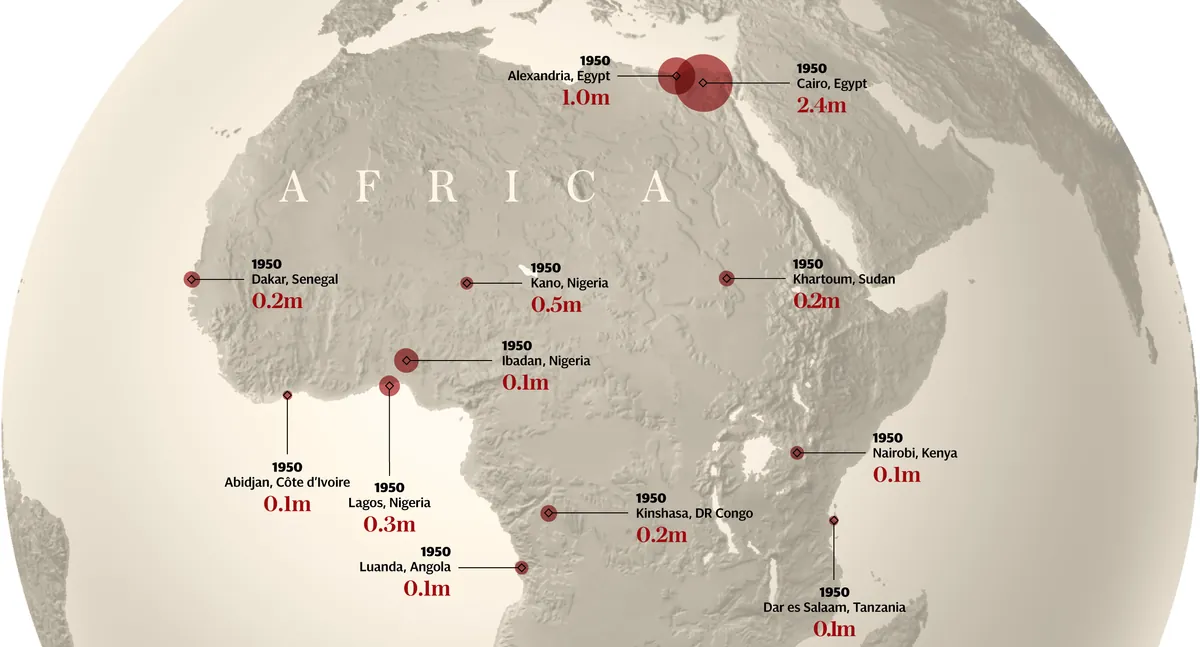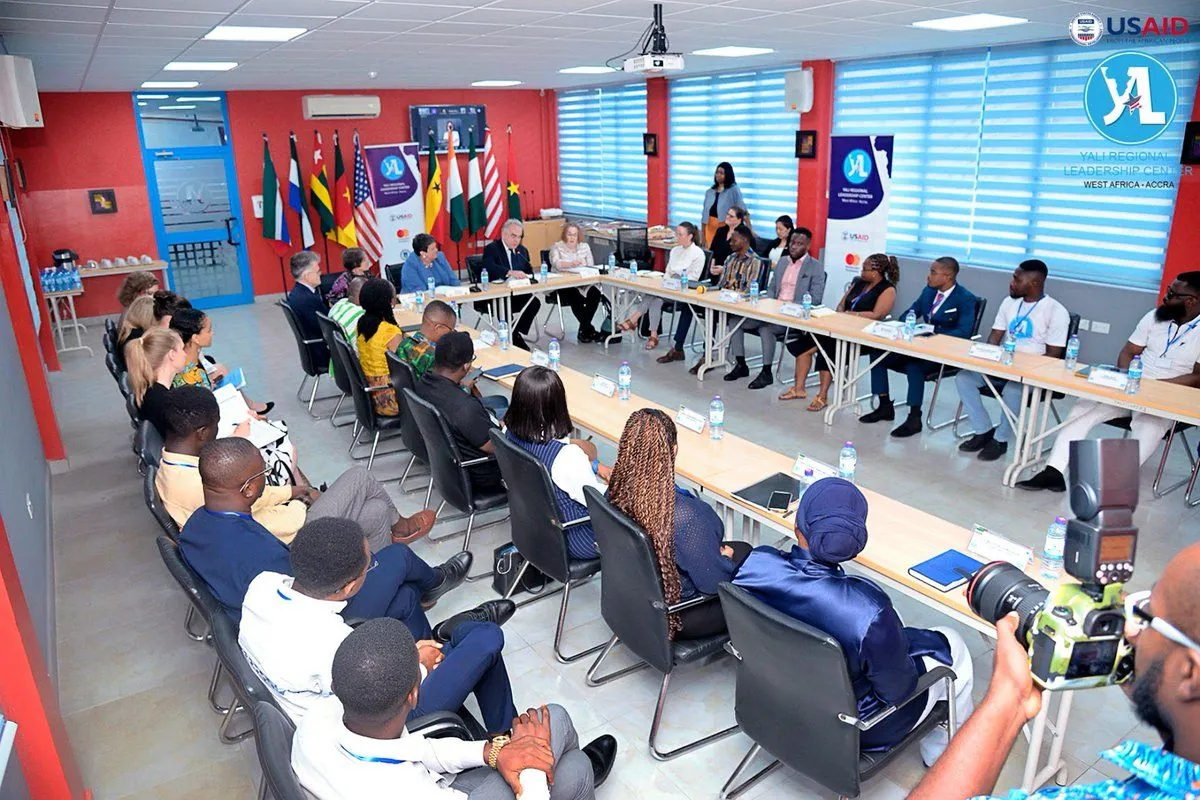U.S. Lawmakers Push to Renew Global Fragility Act Amid African Security Concerns
Bipartisan effort to reauthorize foreign aid bill aims to prevent state failures and coups in Africa. Critics call for improved implementation and increased monitoring of the Global Fragility Act's programs.

A bipartisan group of U.S. Representatives is advocating for the renewal of the Global Fragility Act (GFA), a foreign aid initiative designed to prevent state failures and coups, particularly in Africa. This push comes despite criticism of the Biden administration's implementation of the law.
The GFA, initially passed in 2019 under the Trump administration, aims to unify various U.S. foreign assistance programs to stabilize at-risk countries. Rep. Sara Jacobs, ranking member of the House Foreign Affairs Subcommittee on Africa, emphasized the act's goal of learning from past interventions in regions like the Sahel, Iraq, and Afghanistan.
However, the program's implementation has faced criticism. In 2022, Congress objected to the Biden administration's plans to launch GFA pilot programs in Libya and Haiti, citing concerns about the countries' instability. The current reauthorization effort does not seek to change the countries involved in the program, which include:
- West African nations: Benin, Ghana, Guinea, Ivory Coast, and Togo
- Other regions: Haiti, Libya, Mozambique, and Papua New Guinea

The U.S. Agency for International Development (USAID), established in 1961, has focused on Benin, Togo, and northern Ghana, aiming to train local leaders in countering extremism.
Rep. John James, co-sponsor of the reauthorization bill, and Rep. Jacobs propose increased monitoring of the programs and annual reviews of the law's implementation by an interagency steering panel.
This renewal effort coincides with the U.S. Defense Department's plans to reposition troops and assets in West African countries such as Benin, Ghana, and Ivory Coast. This shift follows the U.S. military's departure from Niger in the summer of 2024, after the country's pro-Western president was overthrown in 2023.
Franklin Nossiter, the International Crisis Group's Sahel researcher, noted:
"It makes sense that the U.S. is repositioning towards the coast. The conflict is still in a preventable stage there, whereas in the central Sahel, things have gotten past the prevention stage."
The new U.S. counterterrorism strategy for Africa may include renovating an airfield in Benin for U.S. helicopters, adding special forces in Ivory Coast, and negotiating the return of U.S. special forces to Chad, a key ally in regional counterterrorism efforts.
Despite the GFA's potential to curb the expansion of al Qaeda and the Islamic State in Africa, congressional aides have criticized the program's slow implementation and insufficient funding requests from the Biden administration.
The urgency of U.S. involvement in the region is underscored by ongoing terrorist activities. On September 17, 2024, Jamaat Nusrat al-Islam wal-Muslimin, formed in 2017, carried out its first attack in years in Bamako, Mali's capital.
Joshua Meservey, an Africa expert at the Hudson Institute, emphasized the necessity of U.S. action in the Sahel:
"The U.S. has to do something in the Sahel. The GFA hasn't seemed to provide many results so far, but the core of the strategy is correct. What choice does the U.S. have other than to try to operate in especially the north of these littoral countries and keep what's happening in Mali, Burkina Faso, and Niger from spreading south?"
As the situation in the Sahel remains volatile, the reauthorization of the Global Fragility Act represents a crucial step in U.S. efforts to stabilize the region and prevent further state failures and coups.


































